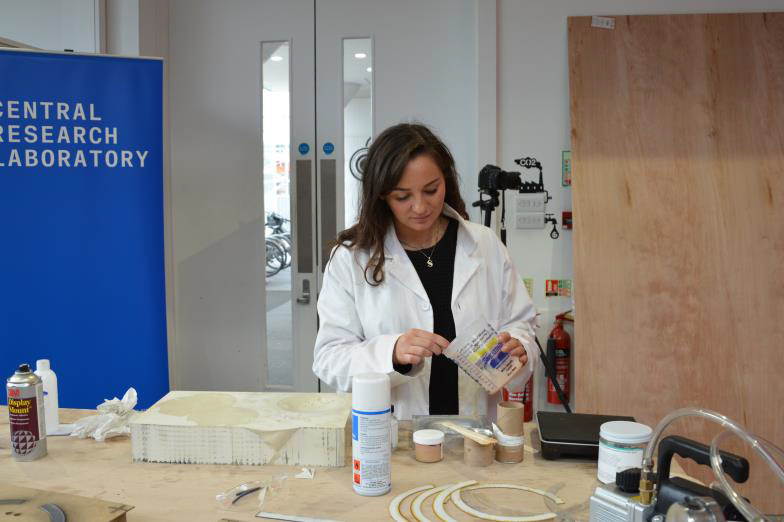The University of Birmingham and University Hospitals Birmingham NHS Foundation Trust (UHB) have launched a new study funded by The Drake Foundation to review and potentially enhance concussion diagnosis in Premier League football.
This new study, supported by the Premier League Doctors Group allowing access to players, is running throughout the 2018/19 football season. It involves saliva and urine samples being collected from injured players, as well as uninjured “control” players, by club doctors immediately post-match and at further time points over the course of a players’ recovery.
These samples are then being tested in the laboratory at the University of Birmingham using a new ground-breaking test, called the ‘Birmingham Concussion Test’, which has been developed following a decade of research led by academic neurosurgeon Professor Tony Belli.
The test looks for molecules in the blood, saliva or urine known as microRNAs, which can act as biomarkers to indicate whether the brain has suffered injury. The patented technology from the University of Birmingham is being commercially developed in partnership with Mirna Diagnostics Limited who owns the global patent licence of these biomarkers.
This expands research also being carried out by the University of Birmingham and UHB, which began in 2017 and is currently ongoing testing the urine and saliva of concussed Rugby Football Union players.
This research is part of the ongoing REpetitive COncussion in Sport (RECOS) study, being led by the University of Birmingham’s College of Medical and Dental Sciences and UHB through The National Institute for Health Research Surgical Reconstruction and Microbiology Research Centre.
In the future, it is hoped that the Birmingham Concussion Test could be used pitch-side and would have the potential to assist in return-to-play decisions or concussion diagnosis across sports, from grassroots to professional, in addition to military and other frontline settings.
Professor Tony Belli, academic neurosurgeon at the University of Birmingham and UHB, said: “Early and accurate diagnosis of concussion is one of the biggest challenges we face clinically and is particularly a major concern in the sporting world.
“This exciting new study is an important addition to the breadth of research we are undertaking into concussion and player welfare in sport more broadly.”
Dr Patrick O’Halloran, Sports Concussion Research Fellow at the University of Birmingham, Sport and Exercise Medicine Registrar at UHB, and Academy Doctor at Wolverhampton Wanderers FC, said: “This research has the potential to benefit professional, grassroots and youth level footballers alike, making the process for diagnosing concussion as effective as possible. Similarly, this may be valuable in other sports or for patients in NHS Accident and Emergency departments.”
James Drake, Founder of The Drake Foundation, a not-for-profit organisation committed to improving evidence-based measures for the management of concussion injuries in contact sport, said: “We are delighted to fund this essential study in Premier League football. The conversation around concussion has come a long way in the last five years and scientific research such as this is essential in keeping our players safe.”
This latest study will also look to evaluate the effectiveness of the current Premier League Doctors Group Standard Operating Procedure for diagnosis of concussion. When a team doctor suspects a player has been concussed, the following data will be sought to accelerate and more accurately diagnose any potential concussion:
- Pitch-side assessment
- Video review of the incident at the pitch-side
- Subsequent clinical reviews of the player after the match and in the days following the game
- The time course and trajectory of recovery post injury
For more information please contact Emma McKinney, Communications Manager (Health Sciences), University of Birmingham, Email: [email protected] or tel: +44 (0) 121 414 6681, or contact the press office out of hours on +44 (0) 7789 921 165 or [email protected]

